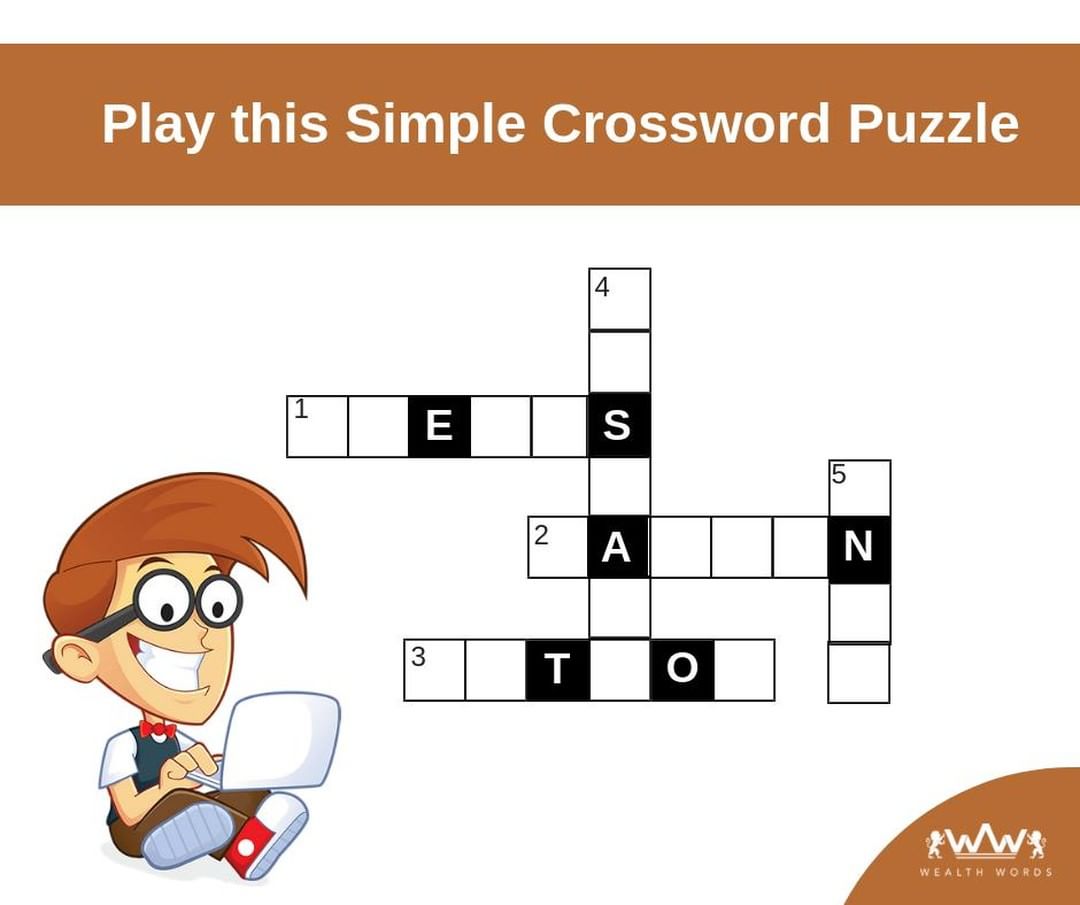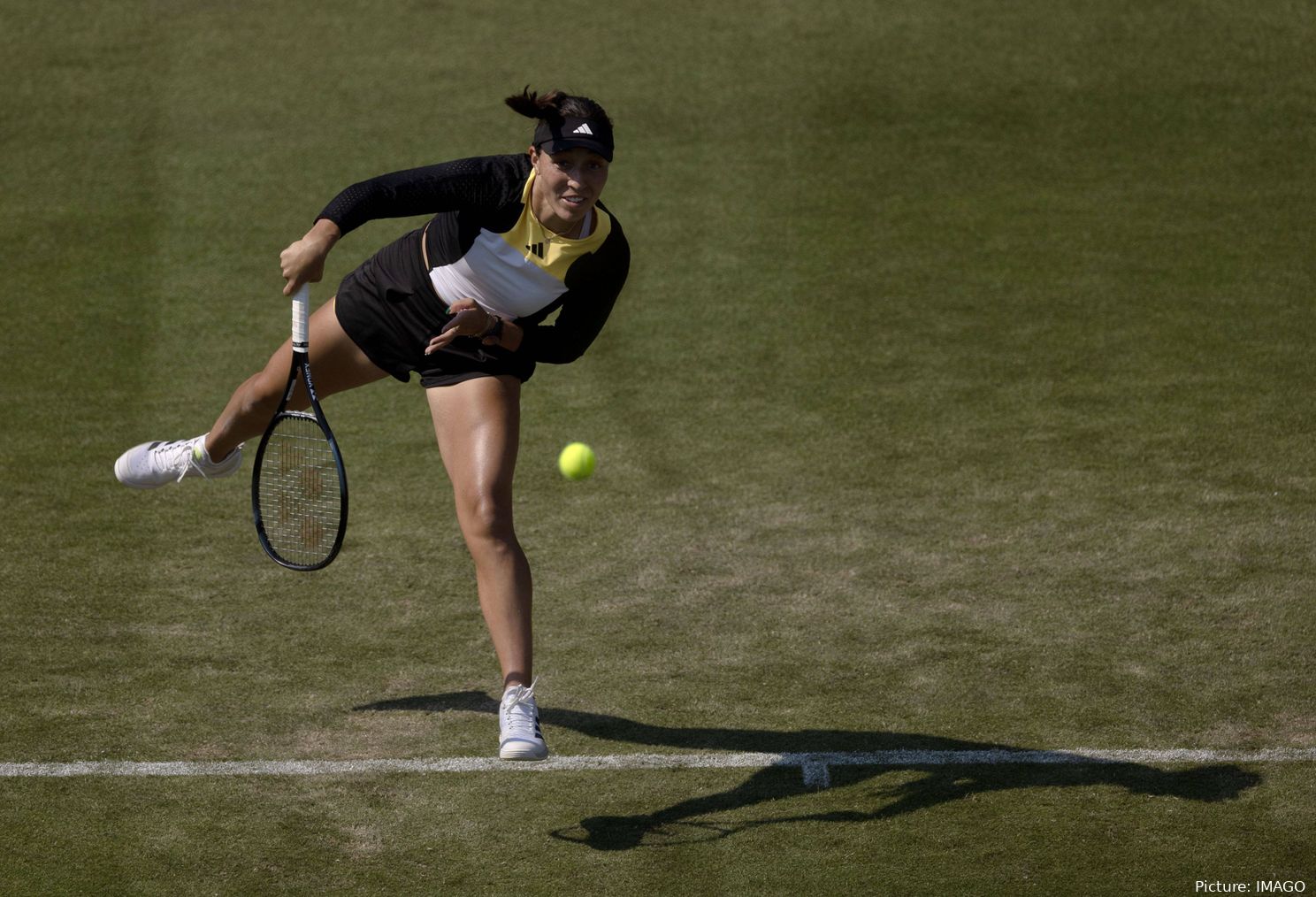Crossword puzzles have long been a favorite pastime for word enthusiasts, providing both entertainment and mental exercise. Among these, mini crosswords have gained popularity due to their compact size and quick completion time. However, solving them can be tricky, especially when it comes to deciphering clues quickly. In this article, we will explore ten tips to help you solve mini crossword clues faster and more efficiently.
1. Familiarize Yourself with Common Clue Types
Understanding the different types of clues can significantly speed up your solving process. Mini crosswords often feature a variety of clue types including:
- Definitions: These clues provide a straightforward description of the answer.
- Wordplay: Clues that require lateral thinking or pun-based interpretations.
- Abbreviations: Common abbreviations often appear in clues, such as “abbr.” for abbreviation.
- Synonyms: Words that can mean the same thing, often used in definitions.
By familiarizing yourself with these types, you’ll be better equipped to approach each clue with the right mindset.
2. Expand Your Vocabulary

A broad vocabulary is one of your best assets when solving crosswords. The more words you know, the easier it becomes to make educated guesses about possible answers. Consider these strategies to enhance your vocabulary:
- Read Widely: Engage with various forms of literature, including novels, newspapers, and magazines.
- Use Flashcards: Create flashcards of unusual words or terms you encounter.
- Play Word Games: Engage in other word games like Scrabble or word searches to reinforce your vocabulary.
According to a study by the National Endowment for the Arts, regular reading can lead to a 20% increase in vocabulary over time, making it a key practice for aspiring crossword solvers.
3. Practice Regularly
Like any skill, practice is essential in becoming adept at solving mini crosswords. Here’s how to make the most of your practice sessions:
- Daily Puzzles: Set aside time each day to complete a mini crossword.
- Track Your Progress: Keep a record of the puzzles you complete and the time it takes.
- Challenge Yourself: Try puzzles from different sources to expose yourself to various styles and difficulty levels.
Statistics show that consistent practice can lead to a 30% improvement in solving speed over a few months.
4. Learn Common Crossword Answers

Certain answers are frequently used in crosswords due to their versatility and popularity. Familiarizing yourself with these can save you time in the long run. Some common answers include:
- ER: Often used for a hospital emergency room.
- ORE: A common mineral found in various crosswords.
- ATE: A simple past tense that frequently appears.
Creating a list of common answers you encounter can serve as a useful reference when you’re stumped.
5. Use Pencil and Paper
While digital puzzles are convenient, using pencil and paper can enhance your solving experience. This method allows you to:
- Make Notes: Jot down potential answers or make annotations.
- Sketch Out Ideas: Draw connections between words to visualize relationships.
- Take Your Time: Without a timer, you can think more deeply about each clue.
Many seasoned solvers swear by this method for its tactile feedback and ability to reinforce memory.
6. Collaborate with Others

Two heads are often better than one, especially when it comes to solving puzzles. Collaborating with friends or joining a crossword club can provide invaluable benefits:
- Exchange Knowledge: Share clues and insights with fellow enthusiasts.
- Encourage Each Other: A supportive group can motivate you to tackle tougher puzzles.
- Learn New Techniques: Observe how others approach clues differently.
Research indicates that collaborative learning can improve problem-solving skills by up to 50% in group settings.
7. Focus on the Fill-in-the-Blank Clues
Fill-in-the-blank clues often provide the most straightforward answers, making them a great starting point. For example, “___ the explorer” could lead to a quick answer like “Dora.” Here’s how to tackle these clues effectively:
- Identify Keywords: Look for the main words in the clue that indicate context.
- Think of Common Phrases: Many fill-in-the-blank clues revolve around popular sayings or expressions.
- Use Cross-References: Check intersecting words to confirm your guess.
By prioritizing these clues, you can build momentum and gain additional letters for the more challenging ones.
8. Trust Your Instincts
While it’s important to think critically, sometimes you need to trust your gut. If you have a strong feeling about an answer, go with it. Here are ways to do so:
- Recognize Patterns: Often, your brain will pick up on patterns before consciously realizing them.
- Don’t Second-Guess: If you feel confident, avoid overthinking the answer.
- Work Fast: Setting a time limit for yourself can help hone your instincts and speed up solving.
9. Stay Calm and Patient

Crossword solving should be enjoyable, not a source of stress. Maintaining a calm demeanor can significantly enhance your ability to think clearly. Here’s how to keep your cool:
- Take Breaks: If you feel stuck, step away for a few minutes.
- Practice Mindfulness: Techniques like deep breathing can help reduce anxiety.
- Enjoy the Process: Remember that the journey is just as important as the destination.
Studies show that maintaining a positive mindset can improve cognitive function and problem-solving abilities.
10. Review Completed Puzzles
After finishing a mini crossword, take time to review the completed puzzle. This practice can help reinforce learning and improve future performance. Consider the following:
- Analyze Mistakes: Identify any errors and understand what led to them.
- Learn New Words: Take note of any unfamiliar words and look them up.
- Track Progress: Keep a journal of your completed puzzles and note improvements over time.
According to a study published in the Journal of Educational Psychology, reviewing completed tasks can lead to a 20% increase in information retention.
Solving mini crossword clues faster is a skill that can be developed through practice, strategy, and collaboration. By familiarizing yourself with common clue types, expanding your vocabulary, and utilizing techniques such as reviewing completed puzzles, you can enhance your solving speed and accuracy. Remember, the key is to enjoy the process and make the most of your crossword-solving journey. With these ten tips in mind, you’ll be well on your way to becoming a mini crossword master.
